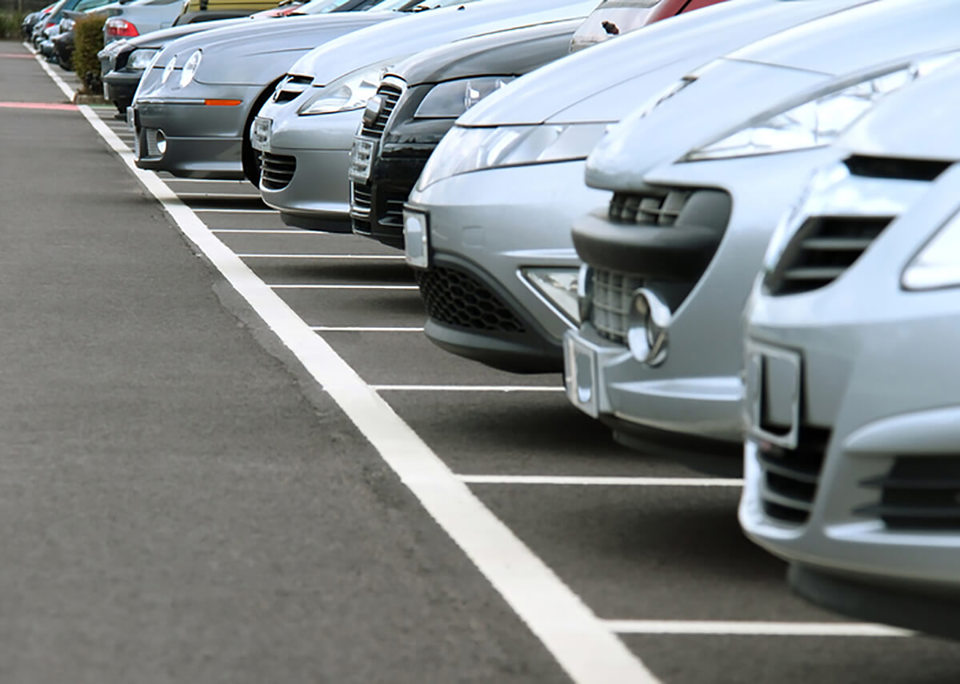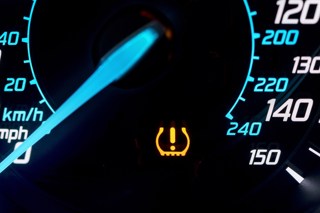The monthly finance cost of a new car has risen by 40% since 2019 as the automotive industry grapples with the effects of Covid, semiconductor shortages and energy price rises.
Research by What Car found average monthly personal contract purchase (PCP) payments had risen by at least 22.4% across a sample of five models, with petrol and hybrid variants of the Volvo XC40 recording a 42.5% rise in average monthly payments.
Analysis of HMRC company car tax data suggests more drivers decided to take a cash option during the pandemic and are now using their own cars for business purposes.
As living costs continue to rise, it's now possible that grey fleet could become an additional burden for employees where the mileage rate is insufficient to meet the costs of running their vehicle for work.
What Car? editor Steve Huntingford said: “PCP finance is the most popular choice for new car buyers, but the differences between the offers available today show the importance in doing your research to compare deals and consider other options such as bank loans when financing a vehicle.
“The car industry is not immune to the challenges of Covid, semiconductor shortages and now energy price increases, and they have combined to cause a significant amount of turmoil in the new car market.”
The five models compared were the Ford Puma, Mini hatchback, Seat Ateca, Volkswagen Golf and Volvo XC40, all which have been on sale in their current guises since 2019. All models had also recorded at least an 11.0% rise in list prices, plus interest rates had risen in all examples – and even tripled for one.
Some new cars did remain cheaper, however. Those opting for a 42-month PCP deal on a Toyota C-HR 1.8 Hybrid Icon stand to save 4.6% over the list price when financing the vehicle. Likewise the Ford Ecosport 1.0 Ecoboost 125 Titanium and the BMW 530d xDrive M Sport work out cheaper than their original list price when purchased using PCP finance.























Login to comment
Comments
No comments have been made yet.